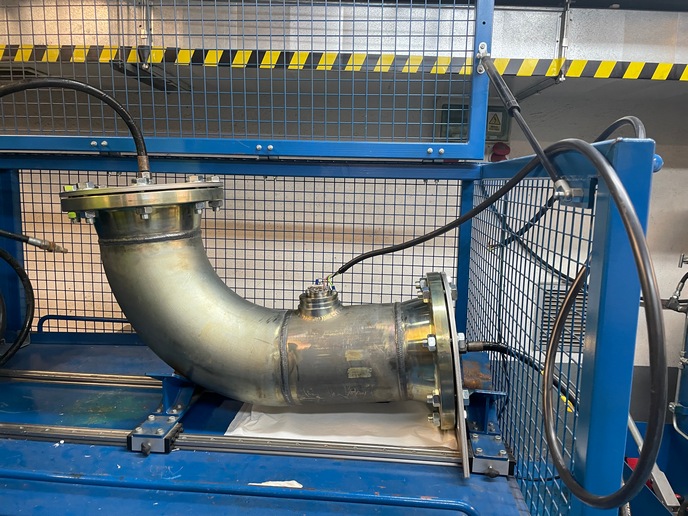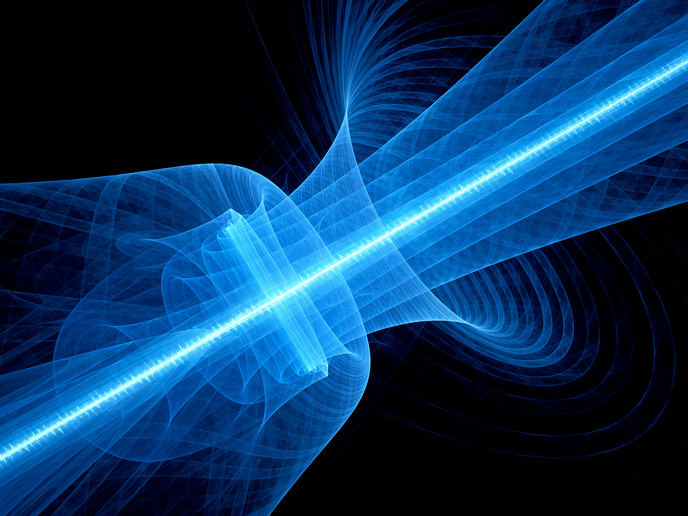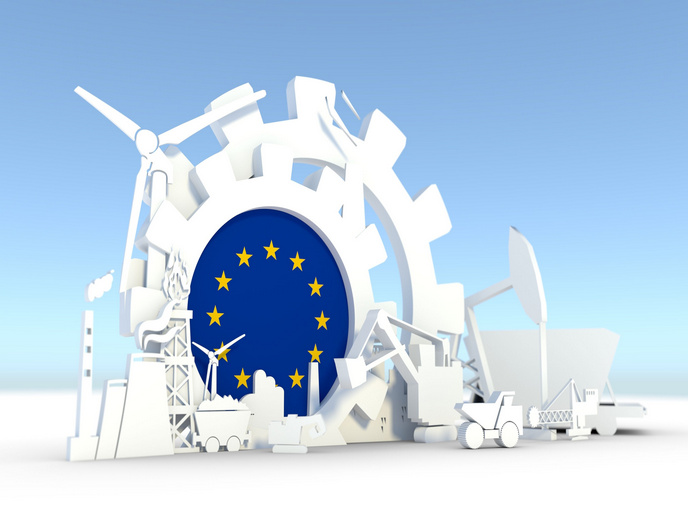Materials artificial intelligence tool poised to advance energy-intensive industries
One of the biggest challenges in energy-intensive sectors is finding materials that can withstand extreme conditions, such as high temperatures, corrosive environments and physical stress. Artificial intelligence (AI) toolkits can analyse vast amounts of data to propose materials with the most suitable properties. By predicting material properties, such toolkits reduce the need for time-consuming and costly physical testing.
Driving innovative materials to market success
The EU-funded ACHIEF(opens in new window) project has created an innovative AI platform that aids in selecting high-performance materials and protective coatings tailored to specific industry needs. Project members have developed four types of novel materials. These include polymer-derived ceramic coatings with improved resistance to high-temperature corrosion and erosion, and advanced chromium-steel grades with 15 % improved resistance to creep and high-temperature corrosion. Furthermore, breakthroughs have been made in the development of high-temperature and creep-resistant materials inspired by high-entropy superalloy models. High-performance coatings have also been produced using high-entropy alloy(opens in new window) nanocomposites. “We sought to take emerging technologies from technology readiness level (TRL) 3-4 to TRL5, demonstrating their potential in real-world industrial conditions,” notes Raquel Aleman , a member of the ACHIEF team. “These technologies are being tested in aluminium, petrochemical and steel production processes. Beyond our AI-aided material design toolbox, advanced temperature and corrosion sensors have been instrumental to our endeavours.” The results from lab-scale experiments have been promising. The next step is to outline the industrial process that should allow production and application of these materials and coatings on a larger scale and over bigger surfaces, considering the additional constraints that come with scaling up.
Pioneering methodologies in material evaluation and design
“ACHIEF is at the forefront of a revolution in material design, leveraging innovative computational modelling and experimental techniques. It advances beyond the current state of the art by merging sophisticated computational models with cutting-edge experimental methods to tackle complex material design challenges,” highlights Aleman. ACHIEF’s innovative approaches include fusing deep learning architectures to optimise structural designs and integrating data-driven and physics-based models to quickly evaluate how a process impacts the structure, properties and performance of materials. In addition to these, it is developing new materials boasting superior properties. “ACHIEF’s approach to advancing material design processes, making materials more resistant and adding real-time monitoring systems represents a significant leap in material science and engineering. This means we can create groundbreaking materials for use in energy-intensive industries,” remarks Aleman.
Promising benefits
The prospective advantages of ACHIEF developments are multifold. The newly developed materials have been designed with the objective of enhancing energy efficiency and reducing operational costs in energy-intensive sectors. They also promise to improve material performance under extreme conditions, leading to a significant reduction in environmental impact. The project impact on industry standards and practices is expected to be profound: particularly, it aims to enhance energy efficiency by 20 %, cut down CO2 emissions by 20 % and extend the lifespan of equipment by 20 % or more. “ACHIEF is poised to usher in significant changes in energy-intensive industries. Collaborations with esteemed partners such as Constellium(opens in new window), Tüpraş(opens in new window) and ArcelorMittal(opens in new window) mark just the beginning. With significant advancements in coatings, especially those providing corrosion protection under high temperatures, the future looks promising. Moving forward, ACHIEF is set to leave an indelible mark, reshaping how industries operate – enhancing efficiency, sustainability, and global competitiveness,” concludes Aleman.







